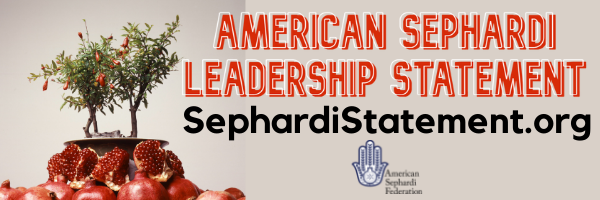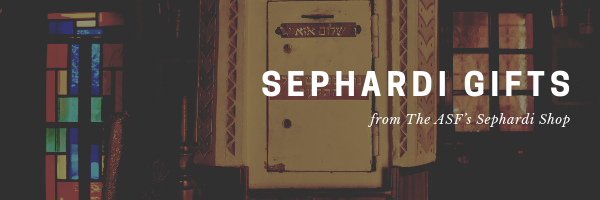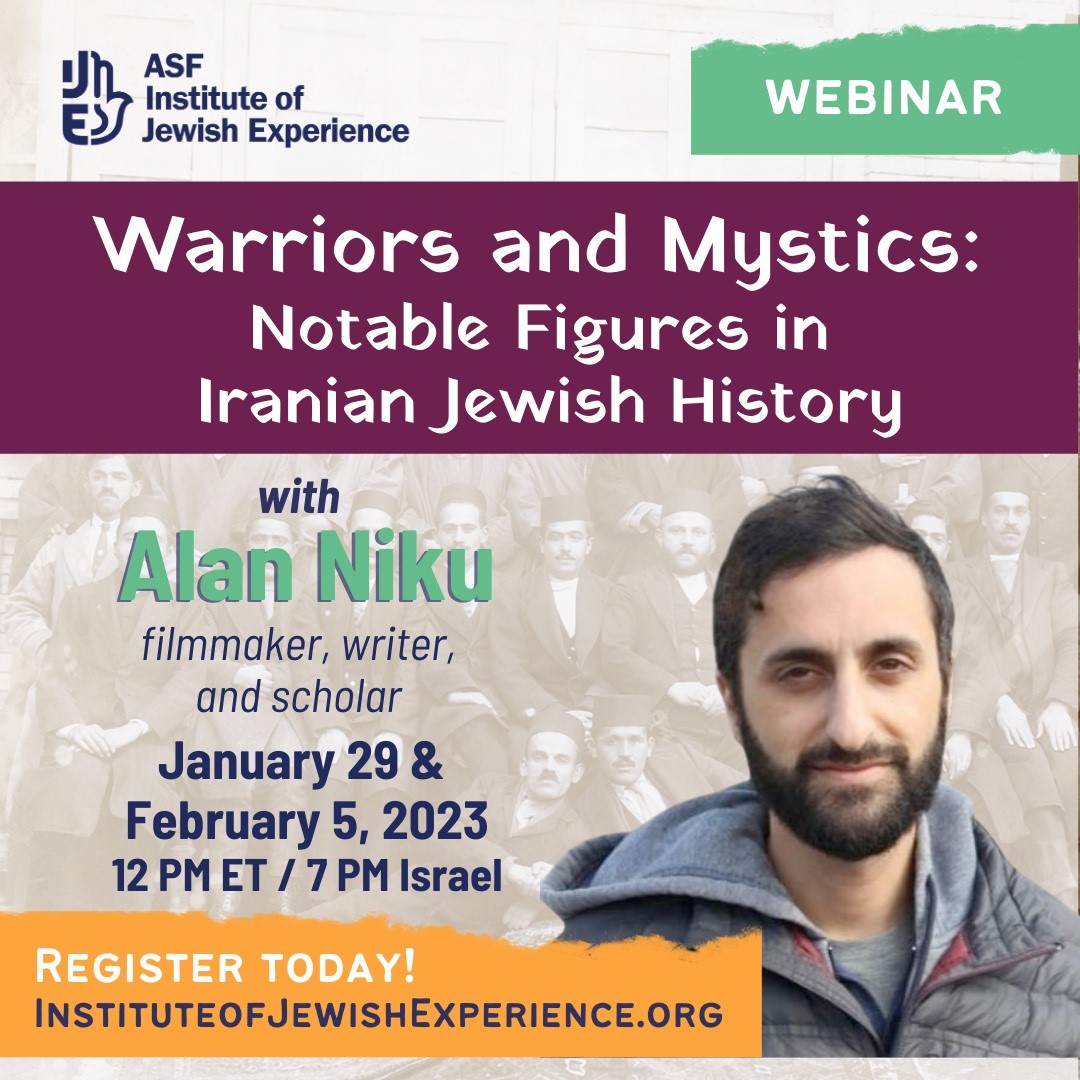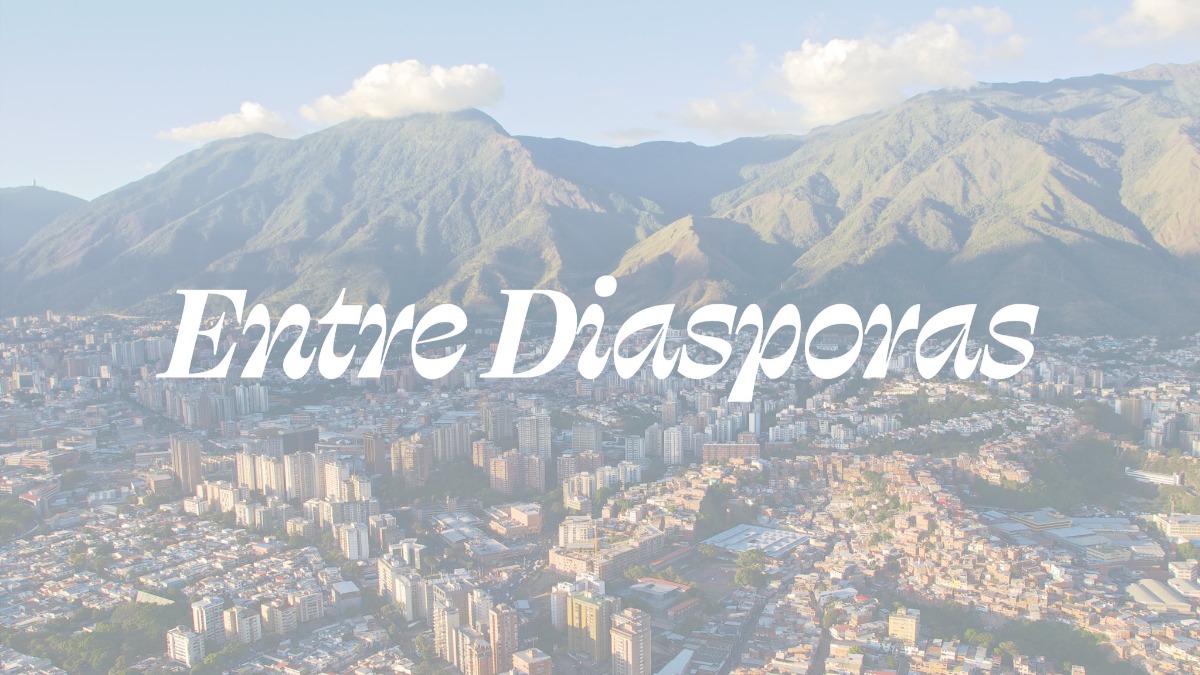In Memory of El Hag Abd El Nebi Abou Zaid, A”H, the Egyptian Muslim who served as de facto President of Alexandria, Egypt’s Jewish Community and caretaker of the Eliyahu HaNabi Synagogue: “His great objective was to revive Jewish Prayers and presence in the Synagogue. He was never as happy as when 180 of us came to pray in February 2020. He was fully dedicated... even speaking Hebrew and fluent in certain Jewish prayers more than many of us.... May [his family] find consolation in his memory as a blessing; may he rest in Peace and Allah Yerhamou.”
The Sephardi World Weekly is made possible by Professor Rifka Cook, Maria Gabriela Borrego Medina, Rachel Amar, Deborah Arellano, and Distinguished ASF Vice President Gwen Zuares!
Click here to dedicate a future issue in honor or memory of a loved one
🕍 “Magen David Synagogue — an oasis of peace in one of Mumbai’s busiest localities”
By Rangan Datta, The Telegraph
Shacharit, Magen David, Mumbai, India, 12 May 2019
(Photo courtesy of Aaron Cederberg/Diarna Geo-Museum)
There are two Magen David Synagogues in India, one in Kolkata (formerly Calcutta) and the other in Mumbai (formerly) Bombay. The synagogue in Kolkata is more famous and ornate, but the synagogue in Bombay “predates its Kolkata counterpart by two decades” back to the 1860s and isn’t so shabby itself, “(T)he Mumbai version also has its fair share of ornamentation and its lit-up interiors create a stunning spectacle.” Both synagogues were constructed by Baghdadi Jews, and they testify to the outsize influence of this dynamic Jewish community across central and east Asia.
Feature: “The Dawning of the Day” (A Dramatic Reading and a Conversation) 🎭📜
By Jonathan Silver, R’Daniel Bouskila, and Ruby Namdar, Mosaic Magazine
Michele Farbman, Ezriel Kornel, and Idan Raz
(Photo courtesy of David Khabinsky/Mosaic Magazine)
Watch a dramatic reading from The Dawning of the Day, R’Haim Sabato’s story of Ezra Siman Tov “set in and around Jerusalem’s famous shuk [outdoor market],” followed by a insightful conversation about Sabato’s importance to Israeli culture. What makes Sabato so significant? For Namdar, it started with Sabato’s novelistic retelling of the Yom Kippur war, Adjusting Sights, “People spoke about the Yom Kippur War, but no one expected a religious young man from a non-Ashkenazi background to walk in and tell that big story.” For Bouskila, the absence of bitterness sets Sabato’s writing apart, as Sabato himself explained, “I do not believe in the bitter drop and the fateful grip. I believe that man can wrest free and beseech his creator for help in changing himself… (W)hat can I do? A writer can only create from the ruminations of his own heart.”
🥐“The Yemenite-Israeli Pastry That Bakes Overnight”
By Clarice Knelly, Tasting Table
How to make delicious homemade Jachnun
(Photo courtesy of Eden & Sean/Youtube)
Jachnun is a Yemenite-Jewish Shabbat treat with “buttery layers, caramelized edges, and a slightly sweet flavor.” While the pastry’s “soft and fluffy” middle sections and “crispier edges” requires baking overnight, “it is simple to throw together, and its ingredients can be purchased at a low price, making it an attainable rustic treat for anyone who desires it.” As Shabbat approaches in Israel, signs (or WhatsApp messages) announcing homemade jachnun can be found across the country, and “If you didn’t already have enough reasons to visit Israel, then maybe discovering jachnun, and the rest of the thriving food scene, is enough to get you on a plane.”
~~~~~~~
The American Sephardi Federation invites all individuals, communities, and organizations who share our vision & principles to join us in signing the American Sephardi Leadership Statement!
Please also support the ASF with a generous, tax-deductible contribution so we can continue to cultivate and advocate, preserve and promote, as well as educate and empower!
~~~~~~~
Exploring Sephardic Customs and Traditions
By Rabbi Dr. Marc D. Angel
Over the centuries, Jewish communities throughout the world adopted customs that enhanced and deepened their religious observances. These customs, or minhagim, became powerful elements in the religious consciousness of the Jewish people. It is important to recognize that minhagim are manifestations of a religious worldview, a philosophy of life. They are not merely quaint or picturesque practices, but expressions of a community’s way of enhancing the religious experience. A valuable resource for Sephardim and Ashkenazim alike.
From Generation to Generation: a Legacy of Faith and Tolerance
By David S. Malka
From Generation to Generation: a Legacy of Faith and Tolerance is dedicated to the memory of Rabbi Shlomo Malka. It honors his memory as a Jewish scholar, a spiritual leader, and a great humanitarian.
David S. Malka is publishing this text as his personal contribution to legacy of Malka family, in the hope that this generation will re-discover their patriarch's teaching and advance his message of faith and compassion on to the next generation.
From Generation to Generation: a Legacy of Faith and Tolerance is a message of love, tolerance, and pride in one's heritage.
~~~~~~~
Upcoming Events or Opportunities
ASF Institute of Jewish Experience programming is asking for your input to better design our future program. This survey will not take more than 5 minutes and your input is very important.
All responses will remain confidential. In appreciation for your participation in the survey we would like to extend to you a complimentary course license ($40 value).
During 2022 we conducted over 60 programs covering different topics. Many of our programs are recorded and available on our web site at InstituteofJewishExperience.org.
Please share this survey with friends and family even if they didn’t attend our programs, their ideas are important for future programs.
We thank you for partnering with us to bring the most innovative and informative programs about our diverse Jewish nation.
~~~~~~~
The ASF Institute of Jewish Experience presents:
1925-1979:
How Iran’s Jews Flourished & Helped Iran Prosper
Join story-breaking Iranian American journalist Karmel Melamed for a look at how the Jews or Iran were at the forefront of arts, academia, international trade, industry, technology, medicine, and engineering before the Islamist revolution and persecution under the Khomeinist regime.
Monday, 23 January at 12:00PM EDT
(Tickets: $11)
Sign-up Now!
Sponsorship opportunities available:
~~~~~~~
The Center for Jewish History, the Leo Baeck Institute, the American Jewish Historical Society, the American Sephardi Federation, and the YIVO Institute for Jewish Research present:
Unmasking Antisemitism
A Panel Discussion in Conjunction with the Exhibition #FakeImages at the United Nations
Widely regarded as the “oldest hatred,” antisemitism is experiencing an alarming revival in the contemporary world. The Center for Jewish History is proud to host a panel discussion on antisemitism, past and present, in conjunction with the new exhibition at the United Nations, #Fake Images: Unmask the Dangers of Stereotypes.
Join historians Dr. Jonathan Brent (YIVO Institute for Jewish Research), Jason Guberman (American Sephardi Federation), Dr. Uffa Jensen (Technical University Berlin), Dr. Pamela Nadell (American University), Dr. Gavriel Rosenfeld (Center for Jewish History and Fairfield University), and Dr. Veerle Vanden Daelen (Kazerne Dossin), as they critically analyze the origin and weaponization of antisemitic ideas, conspiracies, and images from the 19th century to the present.
Thursday, 26 January at 6:15 PM EDT
A wine and cheese reception, including welcome remarks by Tracey Petersen, Manager: The Holocaust and the United Nations Outreach Programme, the Consulate General of Belgium and the Consulate General of Germany in New York, will begin at 6:15 pm. The program will start promptly at 7:00 pm.
A dessert reception will follow the end of the program at 8:30 pm.
Sign-up Now!
Ticket Info:
In-person panel discussion: $20 general; $15 seniors, students; $10 CJH/Partner members; advance purchase required here
Zoom livestream of panel discussion: $5
The exhibition is organized by the Holocaust and United Nations Outreach Program, Department of Global Communications, as part of the program of events marking the International Day of Commemoration in memory of the victims of the Holocaust. The exhibition is curated by Kazerne Dossin: Memorial, Museum and Research Centre on Holocaust and Human Rights (Mechelen, Belgium)and supported by the Arthur Langerman Archive for the Study of Visual Antisemitism Foundation (Berlin), the Center for Research on Antisemitism at the Technical University of Berlin, and the Belgian Ministry of Foreign Affairs. The panel discussion is a joint initiative of the Center for Jewish History, the Leo Baeck Institute, the American Jewish Historical Society, the American Sephardi Federation, and the YIVO Institute for Jewish Research.
~~~~~~~
Giorno della Memoria 2023
(International Holocaust Remembrance Day)
“You who live safe in your warm houses”
Primo Levi
Each January 27, the Consulate General of Italy hosts the traditional ceremony of the public reading of the names of the 9,700 Jewish men, women and children deported from Italy and the Italian territories between 1943 and 1945.
Friday, 27 January 8:30AM-2:00PM EDT
The reading of the names is an open, outdoor event that will take place in front of the Italian Consulate (on Park Avenue, between 69th and 68th street).
The public is invited to take part in the reading. Anyone interested can join the reading at any time during the ceremony.
This initiative is part of a program of events promoted by the Consulate General, the Primo Levi Center, the Italian Cultural Institute, the Casa Italiana Zerilli Marimò at NYU, the Italian Academy for Advanced Studies in America at Columbia University, the Calandra Institute at CUNY, the Scuola d’Italia Guglielmo Marconi, the Center for Italian Modern Art (CIMA) and Magazzino Italian Art to commemorate the victims of the Shoah and preserve the memory of those tragic events.
~~~~~~~
The ASF Institute of Jewish Experience presents:
Warriors and Mystics
Iran’s Jewish community is one of the oldest diaspora communities in the world. But is there more to those 2700 years than Queen Esther and the Islamic Revolution? This talk examines the lesser-known parts of Iran’s Jewish History, a vast story of prophets, autonomous nations, divergent sects, epic poetry, and political intrigue.
Through the music, languages, foods, writings, traditions, and stories of two millennia, along with their ties to neighboring and faraway communities, the Jews of Iran have forged a culture at once Persian and Jewish, with traditions and aesthetics uniquely their own. In this two-part series, we will explore notable personalities in this rich history, from over 1,500 years ago and more recently.
On Sundays
29 January at 12:00PM EDT
Sign-up Now!
5 February at 12:00PM EDT
Sign-up Now!
(Registration is required for each session; Tickets: $11)
About the speaker:
Alan Niku is a filmmaker, writer, and scholar of Mizrahi culture from San Luis Obispo, California, based in Los Angeles. A native speaker of Persian, he spends his time learning related Jewish languages, deciphering Judeo-Persian manuscripts, and interviewing community members about their stories. He is also a musician and an amateur chef, teaches history and Jewish heritage at various levels, and seeks to educate the world about the underrepresented cultures of the Middle East through his writing and films.
Sponsorship opportunities available:
~~~~~~~
The American Sephardi Federation, the Sephardic Jewish Brotherhood of America, the Sephardic Foundation on Aging, and Shearith Israel League Foundation proudly present:
Kontar i Kantar:
The 6th Annual New York Ladino Day
Curated by Jane Mushabac and Bryan Kirschen
Featuring:
Tony- and Grammy-nominated Broadway star Shoshana Bean
A conversation with Michael Frank, author of One Hundred Saturdays: Stella Levi and the Search for a Lost World
Judith Cohen, Sing Me a Story, on Sephardic Romansas
Musical Finale, Susana Behar and guitarist Michel Gonzalez
In-Person! Also on Zoom
Sunday, 29 January at 2:00PM EDT
(Early Bird Tickets are $20)
Sign-up Now!
Sign-up for Zoom Now!
Ladino is a bridge to many cultures. A variety of Spanish, it has absorbed words from Hebrew, Turkish, Arabic, French, Greek, and Portuguese. The mother tongue of Jews in the Ottoman Empire for 500 years, Ladino became the home language of Sephardim worldwide. While the number of Ladino speakers has sharply declined, distinguished Ladino Day programs like ours celebrate and preserve a vibrant language and heritage. These programs are, as Aviya Kushner has written in the Forward, “Why Ladino Will Rise Again.”
Since 2013, Ladino Day programs have been held around the world to honor Ladino, also known as Judeo-Spanish. January 29th marks New York’s 6th Annual Ladino Day hosted by the American Sephardi Federation.
© Rhodes, mid-19th century Sephardi & Romaniot Jewish Costumes in Greece & Turkey. 16 watercolours by Nicholas Stavroulakis published by the Association of the Friends of the Jewish Museum of Greece, Athens, 1986.
Sponsorship opportunities available:
~~~~~~~
ASF Broome & Allen & ADL Collaborative for Change Fellow Isaac de Castro presents:
Entre Diasporas: Telling the Latin-American Jewish story. Contando la historia judía latinoamericana
Tell your story. Cuenta tu historia.
We’re looking for first-generation Latino Jews in the United States who immigrated because of political and social turmoil. Jews of Sephardic descent from Colombia, Cuba, and Venezuela that now reside in the Miami area will be given priority, but others are welcome to apply as well.
Fill out this form to be considered as an interviewee for this project. After you’ve submitted, we will be in touch promptly to set up a preliminary phone call.
Click here for more information.













